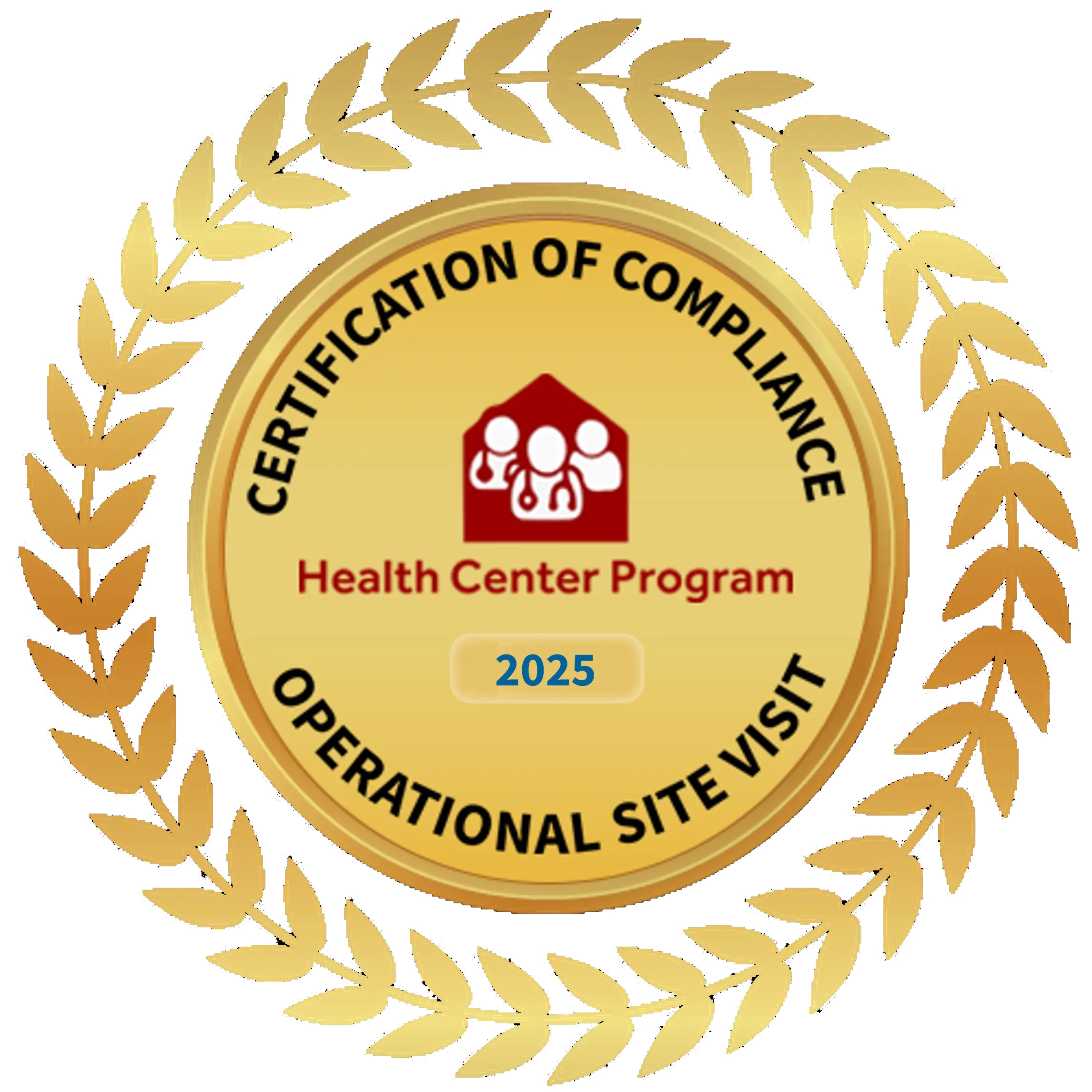Yeast infections, medically known as candidiasis, are caused by the overgrowth of a fungus called Candida, which naturally resides in the body without causing harm under normal circumstances. However, certain conditions can disrupt the natural balance, leading to an overgrowth that results in infection. Yeast infections are most commonly found in moist areas of the body, such as the mouth, throat, gut, and, more frequently, the vagina.
Common symptoms of a vaginal yeast infection include itching, burning, discomfort during intercourse, and a thick, white discharge resembling cottage cheese. While these symptoms can be uncomfortable, many yeast infections can be effectively managed with self-care measures. Over-the-counter antifungal medications are readily available and can treat the infection if used as directed. Self-care is most appropriate when symptoms are mild and the individual has a clear history of previous yeast infections that responded well to similar treatments.
It's important to recognize when self-care is sufficient and when it might be time to seek medical attention. Typically, self-treatment is suitable for those who are certain their symptoms are due to a yeast infection and not another condition, such as a sexually transmitted infection (STI) that may require different treatment. Understanding the basics of yeast infections, including their symptoms and when self-care is appropriate, is the first step toward effective management and relief.
Recognizing the Need for Medical Attention
While many yeast infections can be resolved with over-the-counter treatments, there are instances where medical attention becomes necessary. Recognizing the signs that indicate a yeast infection might be more serious than usual is crucial for ensuring your health and well-being. Here are key indicators that it's time to visit a doctor:
- Persistent Symptoms After Home Treatment: If you've followed the directions of over-the-counter antifungal treatments and your symptoms persist beyond the treatment period, it's a clear sign that you might be dealing with a more resistant strain of yeast or possibly a different condition altogether.
- Recurrence of Symptoms: Experiencing four or more yeast infections in a year is considered recurrent vulvovaginal candidiasis. Recurrent infections indicate an underlying imbalance or resistance that requires professional assessment and possibly a longer course of antifungal medication or a different treatment approach.
- Severe Discomfort or Pain: While yeast infections are known for causing discomfort, if you experience severe pain, swelling, or redness, it could be a sign of a complicated yeast infection or another infection that necessitates medical evaluation.
Certain groups should be particularly vigilant and consider consulting a healthcare provider early on, including:
- Pregnant Women: Yeast infections during pregnancy should be treated with caution, as not all treatments are safe for use during this time. Medical guidance is essential to ensure the health of both the mother and the unborn child.
- Individuals with Diabetes: High blood sugar levels can contribute to the growth of yeast, making infections more frequent or harder to treat. Those with diabetes may require specialized treatment plans to manage yeast infections effectively.
- Those with a Weakened Immune System: If your immune system is compromised due to conditions like HIV/AIDS, cancer treatments, or the use of certain medications, yeast infections can be more severe and less responsive to standard treatments. Medical supervision is recommended to prevent complications.
Understanding these signs and knowing when to seek medical help can make a significant difference in treating yeast infections and preventing further health issues. If you fall into any of the specified groups or experience any of the warning signs mentioned, it's important to prioritize a visit to your healthcare provider for a comprehensive evaluation and appropriate treatment.
Potential Complications
While many yeast infections can be easily treated with over-the-counter medications or home remedies, neglecting them or delaying appropriate treatment can lead to more severe health issues. Understanding the potential complications of untreated yeast infections is crucial for ensuring timely medical intervention and preventing long-term consequences.
One significant risk of an untreated yeast infection is the recurrence of infections. Frequent infections can disrupt your quality of life and may indicate an underlying health issue, such as a weakened immune system or diabetes, that needs to be addressed. Recurrent infections require a more comprehensive treatment approach, often involving prescription medication and a thorough examination by a healthcare provider to identify and manage any contributing factors.
Moreover, an untreated yeast infection can spread to other parts of the body, leading to more serious conditions. In rare cases, the Candida fungus can enter the bloodstream, resulting in invasive candidiasis, a condition that can affect the heart, brain, blood, and other parts of the body. This systemic spread is particularly dangerous and requires immediate medical attention.
For women, chronic untreated yeast infections can also lead to complications during pregnancy, including a higher risk of preterm labor and transmission of the infection to the baby during delivery, which can cause health issues for the newborn.
The spread of infection and recurrent infections underscore the importance of recognizing when a yeast infection requires professional care. By seeking timely treatment, individuals can avoid these potential complications, ensuring better health outcomes and reducing the risk of more serious health issues down the line.
Prevention and When to Seek Help
Preventing yeast infections involves understanding and addressing the factors that can contribute to their development. Here are some practical tips to help minimize the risk:
- Maintain good hygiene, but avoid excessive washing or douching, which can disrupt the natural balance of bacteria and yeast in the vagina.
- Wear breathable, cotton underwear and avoid tight-fitting clothing that can create a warm, moist environment conducive to yeast growth.
- Incorporate probiotics into your diet to help maintain a healthy balance of bacteria in your body.
- Manage your blood sugar levels, especially if you have diabetes, as high sugar levels can promote yeast growth.
- Minimizing Pubic Hair Removal. Not shaving pubic hair can also help prevent yeast infections. Pubic hair serves as a barrier that protects the genital area from bacteria and yeast, reducing the risk of infection.
Despite taking preventive measures, there may be times when seeking medical help is necessary. Here's a concise guide on when to consult a healthcare provider:
- If Over-the-Counter Treatments Fail: If symptoms persist or worsen after using non-prescription medication, it's crucial to see a doctor. Persistent symptoms could indicate a more severe infection or a different condition that requires a specific treatment.
- If Experiencing Severe Symptoms: Severe itching, swelling, or pain, especially if accompanied by fever or malaise, should prompt an immediate visit to the doctor. Severe symptoms could signify a complicated yeast infection or another health issue.
- If You Have Recurrent Infections: Experiencing four or more yeast infections in a year is considered recurrent or chronic candidiasis. This pattern warrants a deeper investigation by a healthcare professional to determine the underlying cause and to establish a more effective treatment plan.
Understanding when to take preventive actions and when to seek medical advice is key to managing your health effectively. Yeast infections, while common, can sometimes signal broader health concerns that require professional intervention. Listening to your body and responding promptly to its needs will help ensure your well-being and reduce the risk of complications associated with yeast infections.
Navigating the challenges of yeast infections requires a balance between self-care and professional medical advice. Being vigilant about the symptoms of yeast infections is crucial, as it enables early intervention and prevents the progression to more serious health issues. Understanding the signs that differentiate a simple infection from one that necessitates a visit to the doctor is key to managing your health effectively. Remember, while many yeast infections are straightforward to treat, ignoring persistent or severe symptoms can lead to complications that impact your overall well-being.
Your health is invaluable, and taking proactive steps to protect it is essential. Do not let embarrassment or uncertainty deter you from seeking the help you need. If you're experiencing symptoms of a yeast infection that persist despite over-the-counter treatments, are unusually severe, or occur frequently, it's important to consult with a healthcare provider. They can provide a precise diagnosis, offer tailored treatment options, and help you understand any underlying issues contributing to recurrent infections. Prioritize your health by listening to your body and seeking professional advice when concerns arise. Your peace of mind and well-being are worth it.






